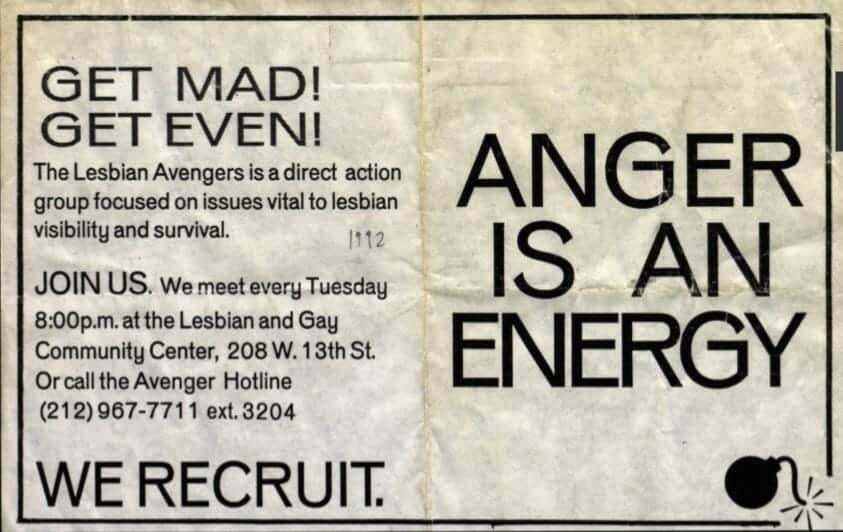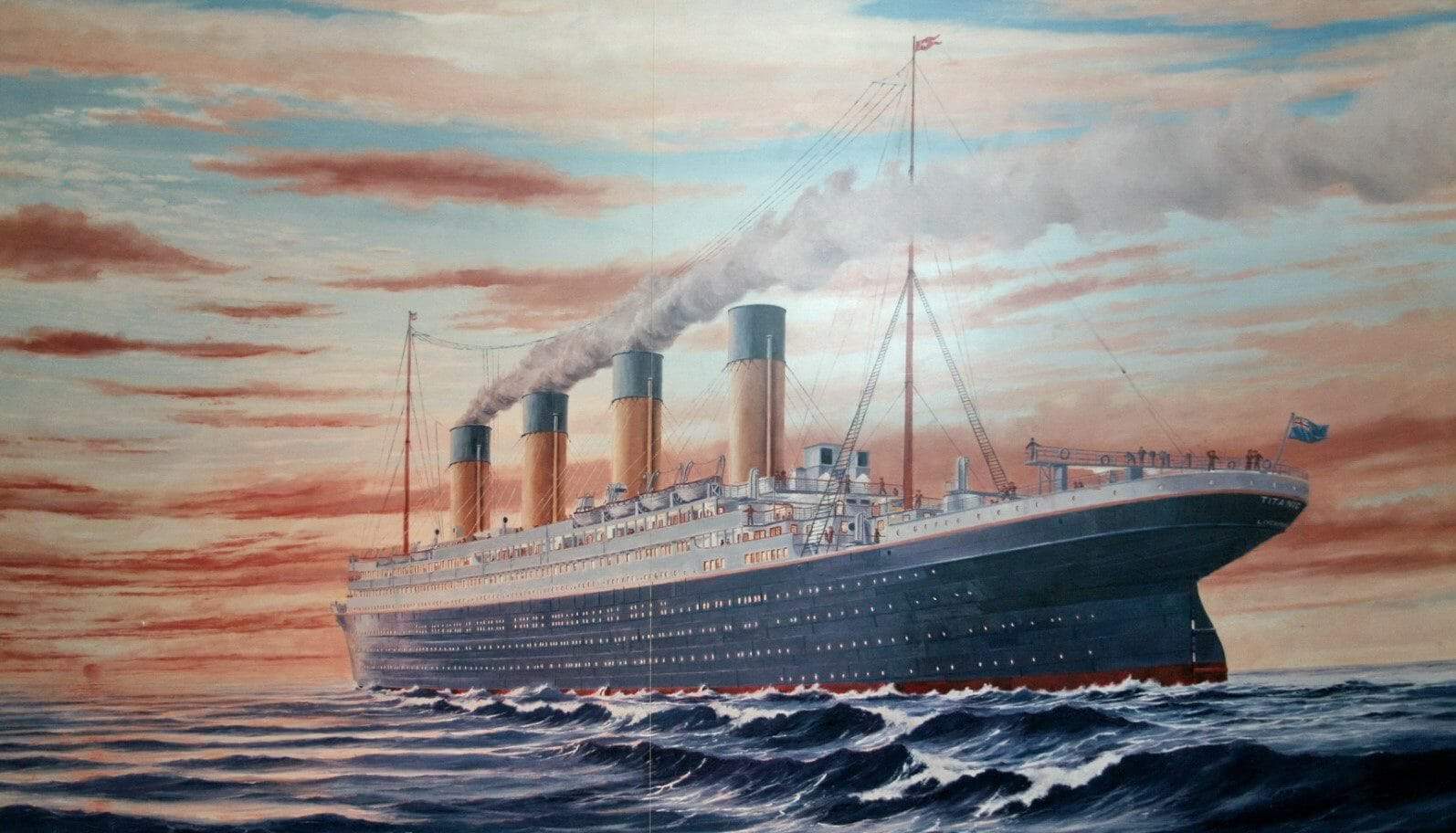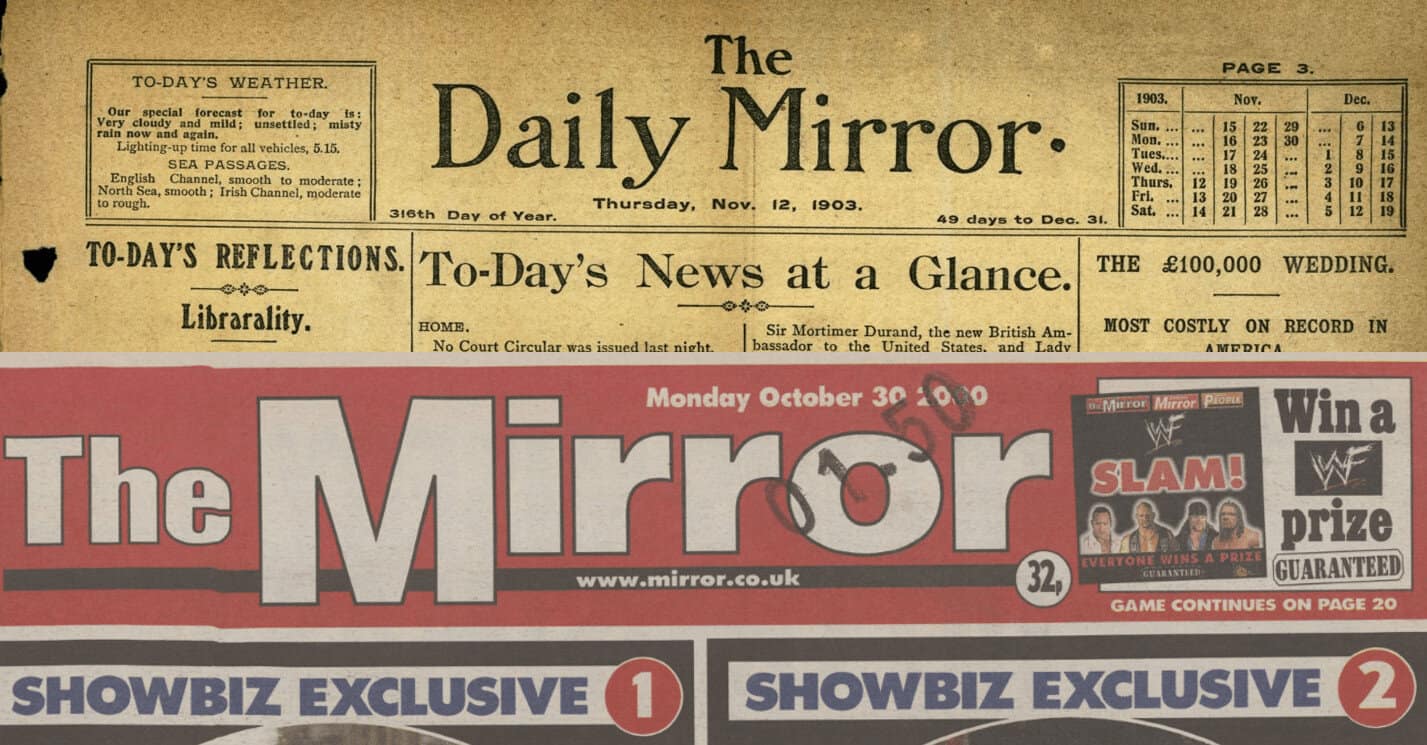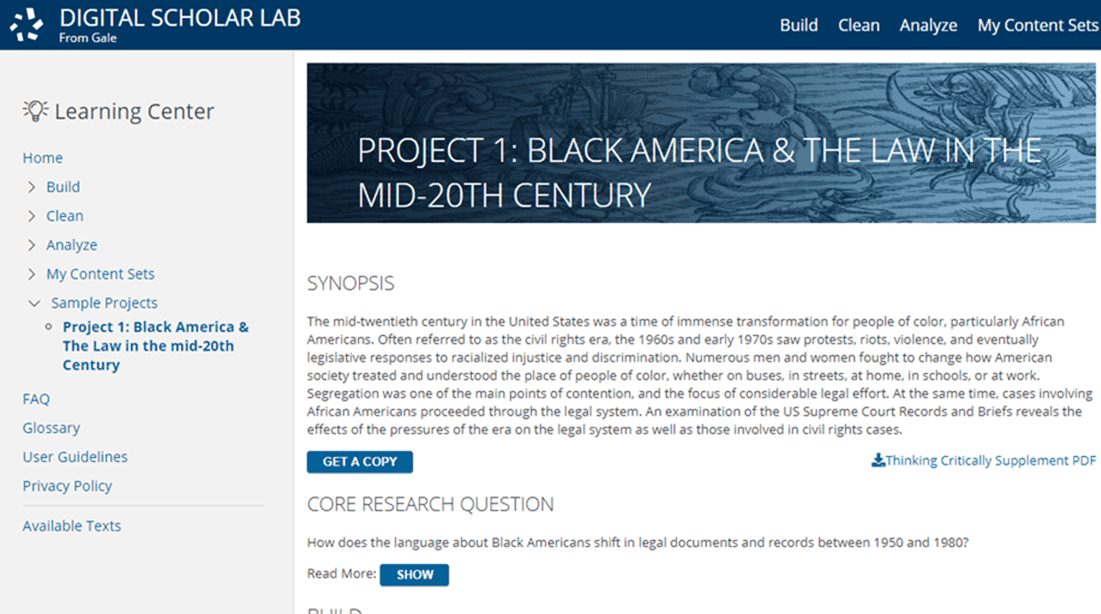│By Megan Bowler, Gale Ambassador at the University of Liverpool│
This post explores how Gale’s Archives Unbound series can be used to help with the urgent and vital task of decolonising the curriculum. Archives Unbound includes twenty-one unique collections focused on African American history, as well as numerous other collections which document the lives and experiences of other ethnic and social minorities around the world. (All Archives Unbound collections are available at the University of Liverpool, as we have access to Gale Reference Complete.) In light of the Black Lives Matter protests and growing discourses around ethnicity, colonialism and education, I was particularly drawn to exploring a collection focused on the federal surveillance of African Americans, including of Malcolm X and of the group he set up, the Organization of Afro-American Unity. This group argued that education was a vital element in the fight for civil rights.










